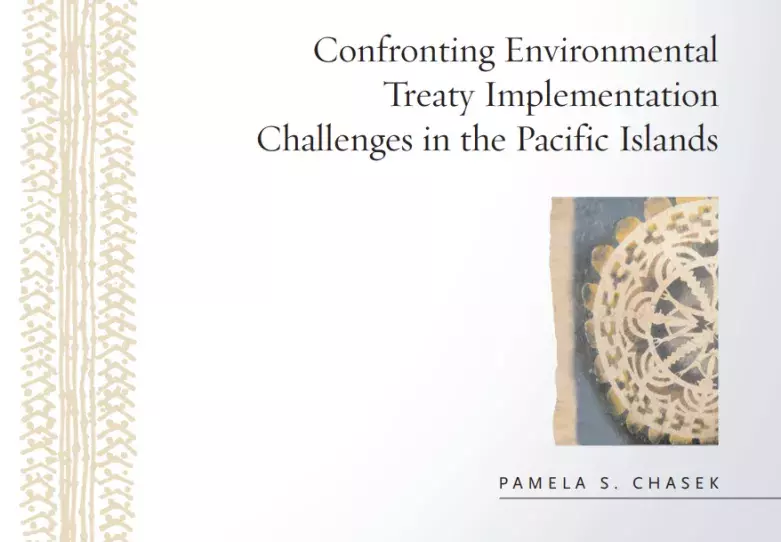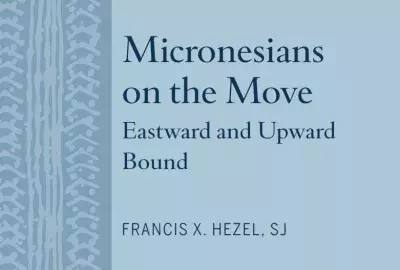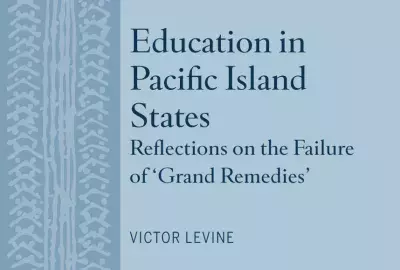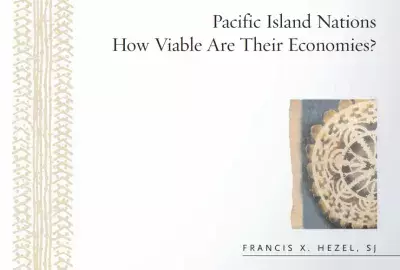
Popular literature and the entertainment industry commonly portray the Pacific Islands as a homogeneous, tropical, and timeless Eden where life is leisurely and free from care and the problems of the twenty-first century. The region's tourist industry itself does its utmost to promote that very image and first-time visitors to Hawaii today are often unprepared to discover that Honolulu, for example, is a modern metropolis with high-rise buildings and freeways.
Located in the world's largest ocean, Pacific nations and territories are among the smallest on earth. The region is also one of the most linguistically and culturally diverse places in the world, as well as one of the most fragile and vulnerable--with Island countries often separated by hundreds of miles of open sea. In this paper, Pamela S. Chasek describes how, as a result of such circumstances, regional cooperation is necessary, albeit difficult.
Environmental issues, particularly global warming with attendant sea-level rise, are a major concern, Chasek explains. At the same time, participation in multilateral environmental agreements is particularly demanding and often beyond the capacity of the small-island entities. Not infrequently, Chasek asserts, environmental ministries within local governments are small and lack the trained personnel and sufficient economic resources to effectively accomplish their mission.
About the Author
Pamela Chasek is the co-founder and executive editor of the Earth Negotiations Bulletin, a reporting service on United Nations environment and development negotiations. She is an associate professor of political science and director of the International Studies Program at Manhattan College in New York, and in 2007 was a Fulbright Senior Scholar based at Victoria University in Wellington, New Zealand. Chasek is the author of numerous publications on global environmental politics.
Popular literature and the entertainment industry commonly portray the Pacific Islands as a homogeneous, tropical, and timeless Eden where life is leisurely and free from care and the problems of the twenty-first century. The region's tourist industry itself does its utmost to promote that very image and first-time visitors to Hawaii today are often unprepared to discover that Honolulu, for example, is a modern metropolis with high-rise buildings and freeways.
Located in the world's largest ocean, Pacific nations and territories are among the smallest on earth. The region is also one of the most linguistically and culturally diverse places in the world, as well as one of the most fragile and vulnerable--with Island countries often separated by hundreds of miles of open sea. In this paper, Pamela S. Chasek describes how, as a result of such circumstances, regional cooperation is necessary, albeit difficult.
Environmental issues, particularly global warming with attendant sea-level rise, are a major concern, Chasek explains. At the same time, participation in multilateral environmental agreements is particularly demanding and often beyond the capacity of the small-island entities. Not infrequently, Chasek asserts, environmental ministries within local governments are small and lack the trained personnel and sufficient economic resources to effectively accomplish their mission.
About the Author
Pamela Chasek is the co-founder and executive editor of the Earth Negotiations Bulletin, a reporting service on United Nations environment and development negotiations. She is an associate professor of political science and director of the International Studies Program at Manhattan College in New York, and in 2007 was a Fulbright Senior Scholar based at Victoria University in Wellington, New Zealand. Chasek is the author of numerous publications on global environmental politics.







